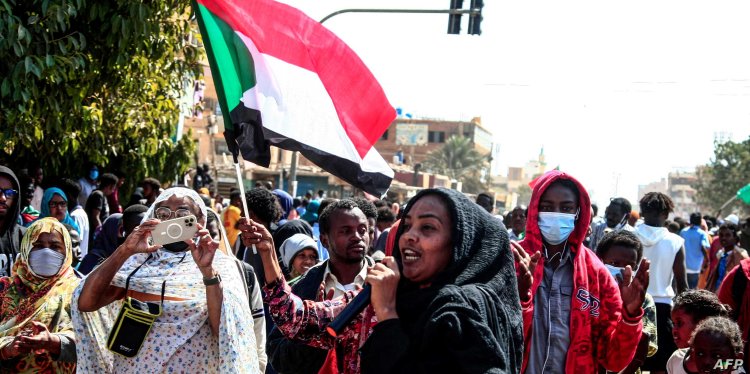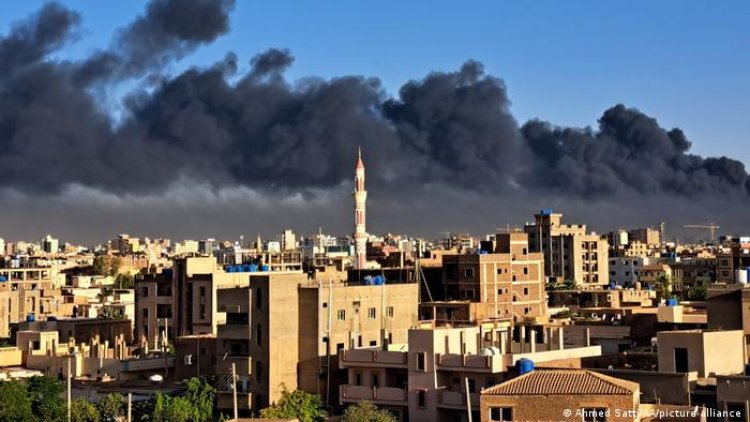Is the economy of the Arab countries affected by the events of Sudan?
More than 100,000 refugees have so far crossed from Sudan to neighboring countries to escape the conflict that erupted last month.

Egyptian President Abdel Fattah El-Sisi said that the whole region could be affected by the conflict in Sudan.
He added in an interview with a Japanese newspaper, "We are facing difficulties with the flight of many Sudanese to Egypt, and if we receive more Sudanese, we will inevitably be affected by the crisis in light of the economic difficulties resulting from the Ukraine war.
This comes as an official from the United Nations High Commissioner for Refugees (UNHCR) said, Tuesday, that more than 100,000 refugees have so far crossed from Sudan to neighboring countries to escape the conflict that erupted last month.

100,000 refugees
Olga Sarrado, spokeswoman for the United Nations High Commissioner for Refugees, said that more than 100,000 refugees have now crossed into neighboring countries, including Sudanese refugees.

development banks
The extension of the clashes in Sudan for a prolonged period is an increasing risk and will have a negative credit impact on neighboring countries and the multilateral development banks that are exposed to the debts of these countries.
In the event that the clashes in Sudan develop into a long civil war, the destruction of infrastructure and the deterioration of social conditions, this will lead to long-term economic consequences, and decline in the asset quality of multilateral banks in Sudan, along with an increase in non-performing loans and liquidity.

On the other side, any spillover into neighboring countries or a general deterioration in the region's security environment would raise broader concerns about asset quality for multilateral development banks with the highest concentration of loans in Chad, South Sudan, Ethiopia, and Egypt.
Fleeing could reach 270,000
More than 30,000 people have fled to Chad, South Sudan, Ethiopia and Central Africa, according to estimates by the United Nations, which has warned that the number of people fleeing could reach 270,000 if the fighting continues.
Thus, the ignition of the situation inside Sudan will cause an unprecedented wave of refugees towards three countries, namely Chad, Central Africa and South Sudan.
These flows will negatively affect the economic and social conditions of Chad, Central Africa and South Sudan, given that they do not have the capabilities to absorb the huge number of refugees and provide them with a minimum level of decent life.
Given that these fragile states suffer from severe economic and political problems, the impact of humanitarian asylum will be very negative.


 Shrouq
Shrouq 












